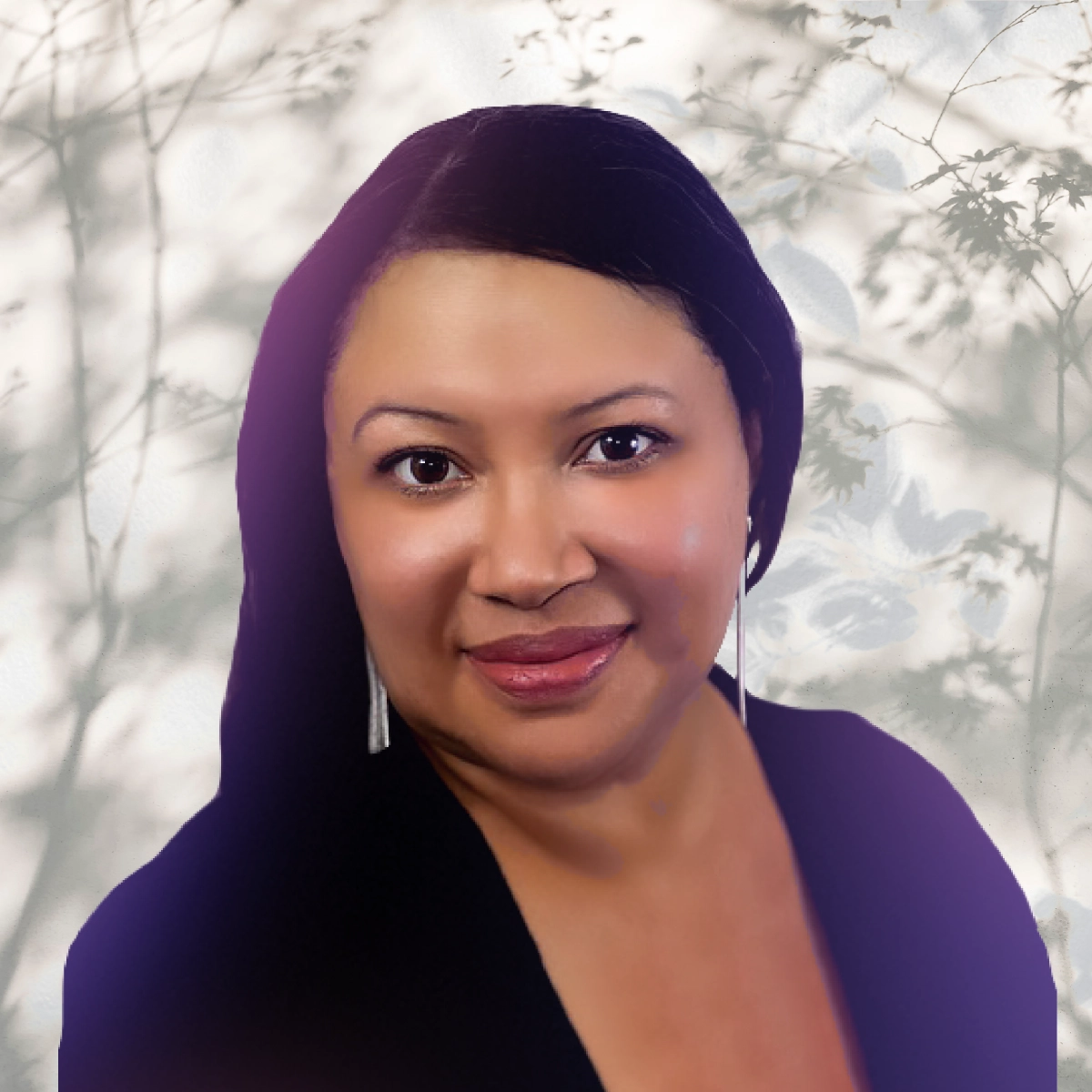Whether you’re bringing two families with different backgrounds together, coming out to your parents, or just trying to maintain an equal playing field at the dinner table, gathering with our relatives can be an emotionally taxing event. For a time of year meant to gather and make memories, the polarization and divisiveness faced by families can stir up feelings of anxiety, loneliness, or strife during the holidays.
When flight feels like a wiser choice than fight, the power of film and television can help us self-regulate and respond to our family with compassion. All it can take is resonating with a scene to find an approach rather than an exit strategy. Here are a few scenes straight from the screen to help keep the peace when gathering with your families.
Master of None - Thanksgiving (S2, E8)
Master of None’s episode titled “Thanksgiving” portrays the difficulty of coming out to parents over a span of time. Experienced by the character Denise, starting from adolescence in the 90s to the present day, she reveals herself as a lesbian to her best friend Dev—who celebrates Thanksgiving with Denise’s family every year since his Indian family does not partake in western traditions. Throughout the episode, the two best friends provide a source of comfort in their mutual feelings of isolation.
Denise is reluctant to come out to her family, explaining to Dev that being gay is “like tarnishing your trophy” to Black families. She tells him, “when they find out that their kid is gay, they try to figure out what they did wrong.” When Denise finally comes out to her mother, Catherine, she chokes up and responds, “I just don’t want life to be hard for you,” revealing that her mama-bear reaction is not one of homophobia but of shielding self-preservation. She urges Denise not to share her sexuality with her grandmother as it’s “hard enough being a Black woman in this world.” It isn’t until Thanksgiving of 2017 that Catherine realizes what she wants for her daughter is a kind, caring person.
In Master of None, we see Catherine’s progressional acceptance of her daughter’s sexuality. While it’s begrudgingly at first, Denise allowed Catherine to accept her sexuality over the course of two decades.
Kristin Russo, the co-founder of the organization Everyone Is Gay, advises those coming out to their parents, especially, “You need to have a plan. This is especially true if there is any chance your family will hurt you, kick you out of the house or withhold college-tuition money. Even if your announcement is welcomed, prepare for everything to stop.” Even though Master of None depicted a painstakingly long process, some might find it helpful to come out to their conservative loved ones step-by-step. Always brace yourself for adverse reactions in the initial phase, and bring a support system if you can. As stated by Russo, “If your experience goes badly, just know things can change.”
The Family Stone (2005)
The Family Stone is a comedy-drama film that follows the Stone family’s Christmas adventures in a small New England town. The eldest son, Everett, introduces his uptight girlfriend, Meredith, to his progressive family, intending to propose. During dinner, Everett’s gay brother with a hearing disability, Thad, and his partner, Patrick, discuss their adoption plans. Meredith’s gauche attempt at engaging in the conversation turns into an insinuation that socialized environments are what causes gayness. Meredith attempted to be polite in her delivery but remained offensive, even sending mircroagressions Patrick’s way, insinuating he would understand hardship because he’s black. She was persistent in her anti-gay rhetoric and did not stop speaking even though her remarks were not well received. It’s clear to the audience, and Meredith herself, that her views and behavior opposed the Stone family’s. But rather than respect their wishes for her to drop the subject after several requests, Meredith remained stubborn and confrontational. This pushed the Stone family into deeper conflict, resulting in Everett’s father angrily ending the dinner conversation in defense of his family.
The Stone parents had an unwavering love for their children and would stand up for them without exception. Regardless of one’s views, nobody should judge another person’s life choices. It’s never inappropriate to defend yourself or your loved ones when feeling personally attacked. Clinical psychologist Joshua Klapow, Ph.D., suggests being polite while simultaneously being blunt. “Simply state: ‘I don’t appreciate those remarks. I’m not sure why you felt you needed to make them, but please stop—they are hurtful’.” It’s crucial to differentiate offensive speech from ignorance; regardless of intent, impact is the main factor. If someone at your family gathering makes questionable statements, assess them by asking the person to clarify. This could present itself as an opportunity to educate them.
Inside Out is an animated film about the functions of a young girl and her family’s emotions when moving to San Francisco. The inside of Riley and her parents’ heads appear as a control center, where their personified emotions execute their actions, with the leading players being Joy, Sadness, Fear, Disgust, and Anger. Throughout the film, each character’s emotions work together (and sometimes against each other) to help them adjust to their new life. During a family dinner scene, Joy, the emotion that typically controls Riley’s actions, is absent from Riley’s brain. As Riley’s mother asks her questions about school and encourages her to try out for a sports team, her other emotions fill in for Joy and attempt to trigger appropriate responses. The conversation unravels as Riley grows increasingly irritable, and the scene ends with Anger taking the reins — resulting in Riley getting sent to her room by her father.
Although Inside Out targets children, everybody can learn a lesson from it. Family gatherings can cause anxiety and cognitive dissonance in anyone, even when the intention is to celebrate a joyous occasion. Psychologist and University of Alberta counselor Michaela Kadambi says, “If important people are absent or if relationships are strained, family events highlight that tension, and you can feel difficult emotions right along with more positive ones.” The pressure to have a perfect life, being judged by your family members, and discussing failures or the loss of loved ones are all legitimate reasons to have mixed emotions during the holidays. Kadambi suggests not having a knee-jerk reaction during a family gathering, even if you feel your emotions unraveling. She states, “We can go, ‘I’m feeling angry, and that’s OK.’” It’s crucial to acknowledge your feelings, realize they’re expected, and validate or communicate them healthily.
Guess Who’s Coming to Dinner (1967)
A Hollywood classic, Guess Who’s Coming to Dinner explores the conflict between multiracial love and the aging mindsets of the Jim Crow Era. A young white woman named Joanna Drayton introduces her parents to her fiance, John, who is a Black doctor. Throughout the film, Joanna’s parents are proud of Joanna for raising her to see everyone equally regardless of skin color. Ironically, the Draytons have difficulty accepting the engagement, but also realize their own hypocrisy. They fear Joanna and John will face public criticism throughout their marriage due to racism in America. The film ends with a monologue from Joanna’s father, supporting the marriage regardless of the obstacles the couple will face ahead.
Released in the 1960s, the motion picture remains relevant in the modern day and continues to be discussed. Only six months before the movie’s release did the U.S. Supreme Court abolish miscegenation laws in the case Loving v. Virginia. Guess Who’s Coming to Dinner is credited for being one of the first movies in Hollywood history to portray interracial marriage in a positive light. According to the U.S. Census Bureau, the number of interracial marriages in America has grown from 310,000 in 1970 to 2,340,000 in 2008. The Pew Research Center states, “a more diverse population and shifting attitudes are contributing to the rise of intermarriage.”
But even in 2022, many individuals are weary of introducing their partner to their family solely based on cultural differences. B.L. Wilson, NPR and The Washington Post editor, reflects on her own life as an African American woman when discussing the importance of white folks to do their own research. “Asking Black people in the United States to discuss race is asking them to relive every moment of pain, fear and outrage they have experienced.” Additionally, it adds an immense amount of pressure and responsibility to the person you’re asking. “Too often the white friends who want their Black friends to educate them about race don’t do that work, and don’t accept that being uncomfortable with Black anger is part of that work,” says Wilson. Asking your significant other or friend to discuss their experiences as a person of color for educational purposes might seem considerate at first–but you’re not a therapist and you’re not solving their problems. You might even be adding to their cultural exhaustion.
So as we look forward to gathering with our loved ones this holiday, when polarization and bias kicks up the anxiety, remember you are capable of doing hard things. While these family dinner scenes offer perspective, they also reflect to us our inner strengths that can persevere through challenges. After all, art imitates life. When humanity is reflected back to us, we’re a little more equipped to face the human condition.





